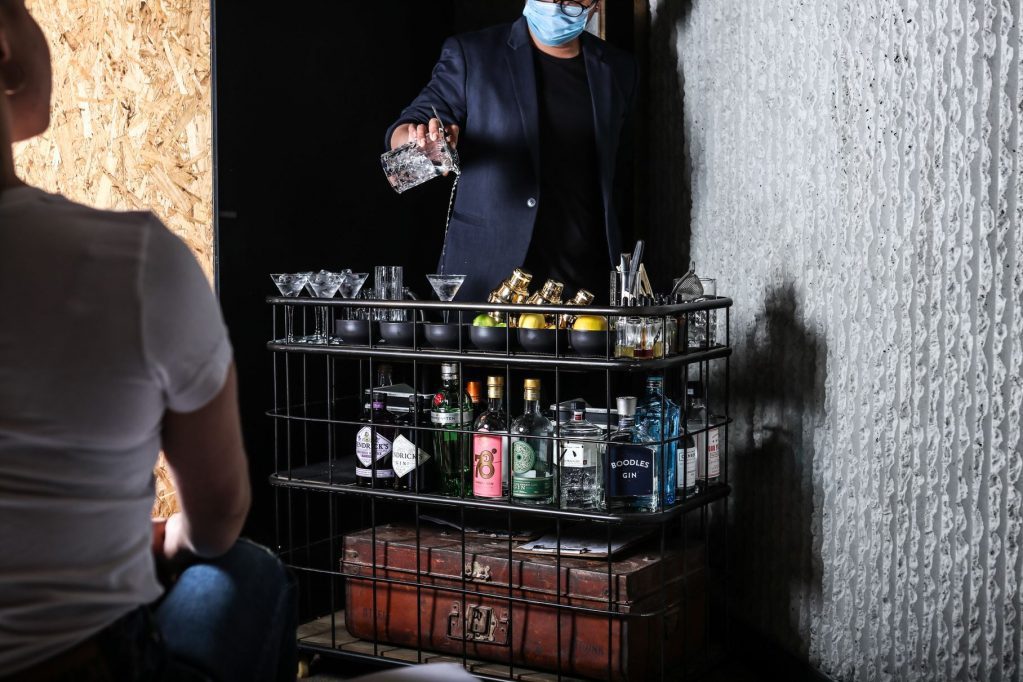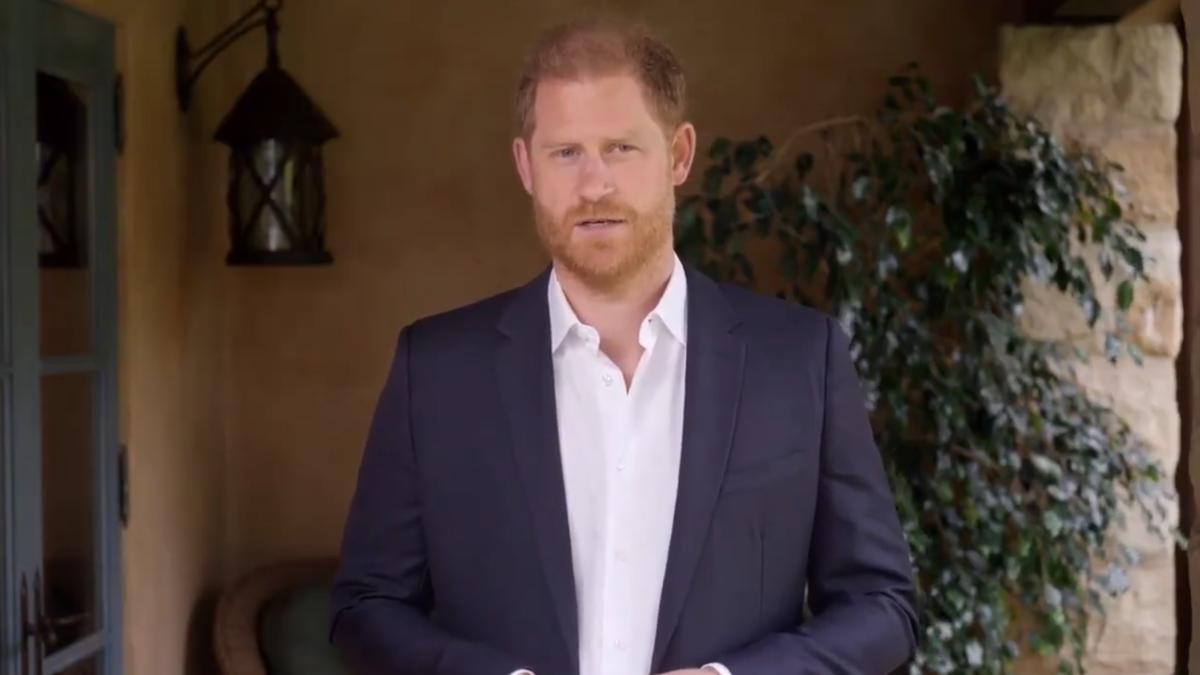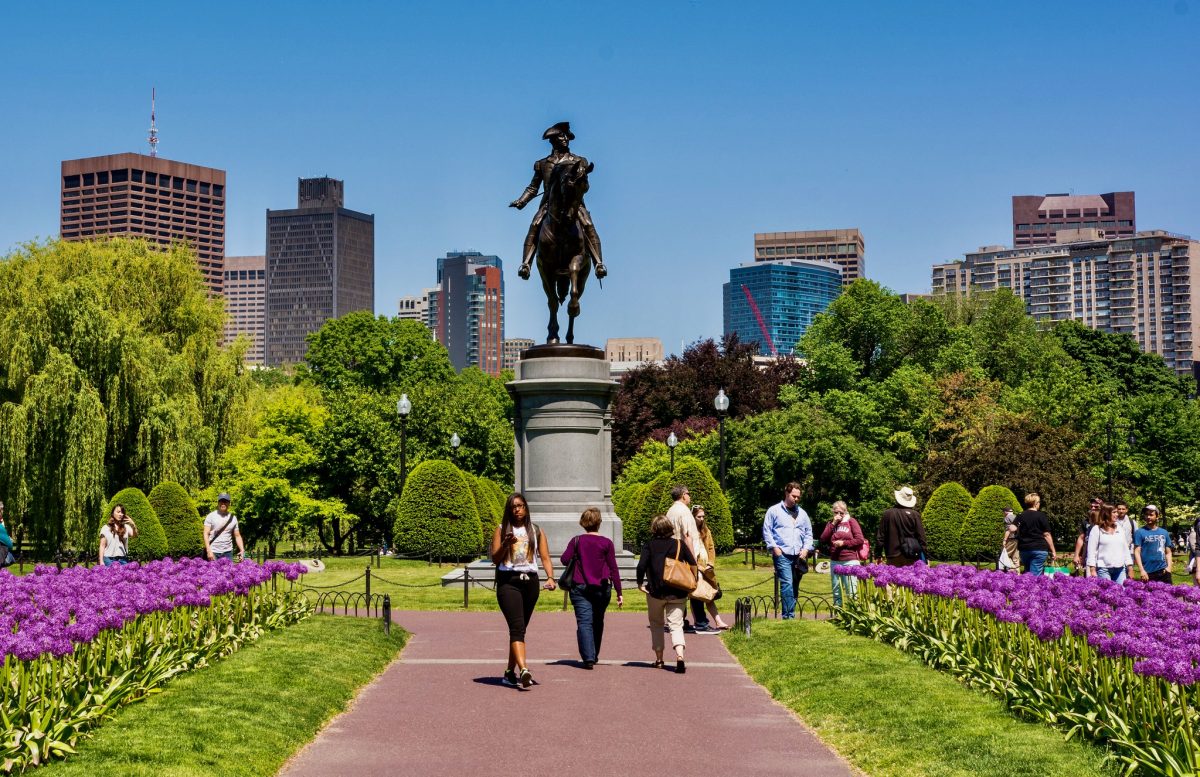String of Crises Puts Asian Hotelier Ovolo's Brand of Creativity to Test

Skift Take
While the coronavirus outbreak began its devastating crush on global tourism as it spread from China in late January, Hong Kong-based Ovolo Hotels was already caught in the throes of months-long challenges roiling the Asia Pacific destinations it operates in.
Hong Kong’s once-thriving tourism sector was reeling from the double blow of social unrest and pandemic, which saw February arrivals to the city plunging to 199,000 – the daily average in the first half of last year.
Australia, meanwhile, was ravaged by worst wildfires seen in decades, with large tracts of the country devastated since the fire season begun last July.
Get the Latest on Coronavirus and the Travel Industry on Skift's Liveblog
The onset of the coronavirus crisis only compounded the grim prospects that Ovolo Hotels CEO and founder Girish Jhunjhunwala was already facing, as the independent, family-owned hospitality chain operates four hotels and four restaurants in Hong Kong, and six hotels and five restaurants across Australia in Sydney, Melbourne, Canberra and Brisbane.
The hospitality entrepreneur tells Skift how the string of crises have hammered the Hong Kong-based hotel chain, and why an embattled tourism industry sector could also favor the birth of new ideas and innovations.
The interview below has been edited for brevity.
Skift: With your two main bases Hong Kong and Australia both already experiencing their own crises even before the coronavirus outbreak, what is the most difficult challenge you faced during this global pandemic?
Jhunjhunwala: It was exactly as you said – the fact that both our homes were already going through their own challenges, to immediately thereafter get hit with something of a whole other magnitude. We didn’t even have time to recover between the social unrest and the bushfires and were then hit back to back. These challenges have really tested our ability to innovate in order to combat these crises.
Skift: How has the coronavirus pandemic disrupted business at Ovolo? Were any drastic measures taken?
Jhunjhunwala: One of the most immediately affected industries was the hospitality industry, and it continues to take its toll as governments across the world are implementing their strict regulations.
In terms of measures we have had to take, we had already implemented a freeze on hiring in the second half of 2019 due to the social unrest. However, once Covid-19 cases started to occur before Chinese New Year and the World Health Organization subsequently declared a Public Health Emergency of International Concern as of January 30, travel sentiment dropped drastically.
Year on year there was a 96.4 percent drop in overnight visitors to Hong Kong, thus with the continued impact on tourism, additional measures were required including no-pay leave, restructuring and salary deduction.
Skift: Has this crisis changed your business model or expansion plans?
Jhunjhunwala: It has given us the opportunity to review all elements of our supply chain and guest journey, enhancing and streamlining where we can whilst building in efficiencies that can serve long after the outbreak passes. As a silver lining, it’s the perfect time for our recently acquired Bali property to be closed. We are very bullish on this market and will continue to push forward with this property’s renovation.
There will also be a number of opportunities presenting themselves once the coronavirus has settled and we hope to take advantage of some of these by entering new markets with additional management agreements and acquisitions.
Skift: How did you adapt marketing strategies during this period?
Jhunjhunwala: Picking up on the market and industry needs and changes, we have launched multiple marketing campaigns and initiatives which we hope to show our guests that we have taken note of and adapted to their needs. Ovolo has always been about the guest experience, and now because their needs have changed, so have we. Ovolo is a fun-loving brand which is about creating unique and memorable experiences for our guests, which continues to be our focus even in these trying times.
‘Going against the grain is in our DNA' is what I have always said. With every touch point, we continuously strive to innovate — times like these require no other approach. By embracing the situation, we must adapt so we can continue to provide a unique and effortless experience. We get knocked down, but we get up again, ain't nothin' gonna keep us down.
An example is our complimentary breakfast as part of room service. What once was a breakfast you could enjoy at our restaurant can now be enjoyed in the comfort and safety of your own room.
Skift: Has this crisis opened up new opportunities or innovation?
Jhunjhunwala: I believe that in every situation, good or bad, births opportunity. You just need to be able to see it. So even though this crisis has had its obvious repercussions, we here at Ovolo are choosing to take away anything and everything positive that we can.
The most innovative thing we have launched so far is our social hour trolley service. This cocktail trolley that brings the bar to our guests’ rooms has been loved and is an example of how we constantly adapt to ensure we are still delivering an effortless experience.
Skift: What keeps you going during this difficult period?
Jhunjhunwala: I always try to see the positivity in every difficult situation, because I believe it breeds creativity and innovation. Times of crisis always force people to think outside the box, and examples can be seen with Uber, Pinterest, WhatsApp, and many more incredible platforms that were conceived during the 2008 Great Recession. What keeps me going is knowing that we will come out even stronger at the end of it. Seeing what my team and I can create and think of even in such tough times makes me hopeful, because creativity is what drives me.
Skift: Will travel still be the way as we know it when we emerge on the other side of the crisis?
Jhunjhunwala: I believe in the importance and power of travel, and therefore its ability to bounce back quickly after the crisis is over. I have said before that: tourism has become an integral part of modern lifestyle. While unfortunately some casualties will come from this, I am confident hospitality and tourism will come out of it stronger given our learnings.
I do also believe that this crisis has changed the norm of travel. I would believe that things that travelers used to appreciate such as flexible policies come to be something they begin to expect.




